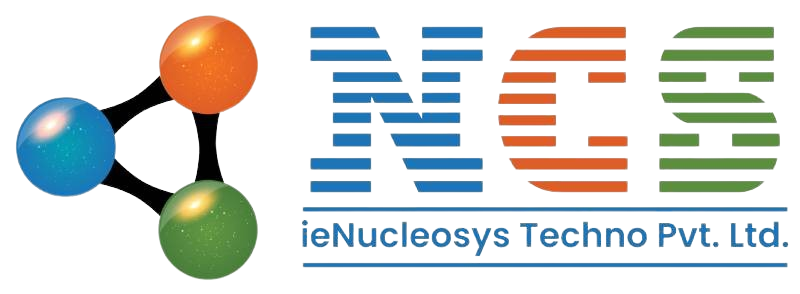Last Updated on November 10, 2025 by Nucleosystech
In today’s evolving tech landscape, developers seek frameworks that are fast, scalable, and cross-platform. One standout in this space is Microsoft’s modern .NET Core development platform, which continues to gain traction worldwide.
Whether you’re a beginner looking to build web apps or a seasoned professional developing enterprise-grade software, understanding the power and flexibility of .NET Core is crucial in 2025 and beyond.
What Is .NET Core?
This open-source, cross-platform development framework maintained by Microsoft allows building applications that run on Windows, Linux, and macOS. Unlike its predecessor, which is Windows-only, it supports modern cloud-based and containerized applications.
Its modularity, performance improvements, and compatibility with languages like C#, F#, and VB.NET make it a preferred choice for modern software development.
Key Features of .NET Core
Here are some standout features making this platform a favorite among developers:
1. Cross-Platform Compatibility
Write your code once and run it anywhere—Windows, macOS, or Linux. Perfect for cloud-native apps and microservices.
2. High Performance
Optimized runtime and Just-In-Time (JIT) compilation deliver fast execution, ideal for demanding applications.
3. Open Source and Community-Driven
Developers can view, modify, and contribute to the source code. With Microsoft and community backing, the framework constantly evolves.
4. Modern Development Tools
Integrated with Visual Studio, VS Code, and CLI tools for flexible, efficient workflows.
5. Microservices and Container Support
Seamless compatibility with Docker and Kubernetes for cloud-native deployments.
Why This Framework Matters in 2025
The software development ecosystem moves quickly, yet this platform remains relevant due to its versatility:
-
Enterprise-level support for mission-critical apps
-
Continuous innovation with regular updates
-
Cloud readiness optimized for Azure, AWS, and Google Cloud
-
Security-first design with frequent patches and built-in features
Popular Use Cases
This framework fits a wide variety of projects:
-
Web APIs and backend services
-
Real-time applications with SignalR
-
Desktop apps with Windows Forms and WPF
-
Cross-platform mobile apps via Xamarin and .NET MAUI
-
Serverless applications with Azure Functions
-
Machine learning integration with ML.NET
How It Compares to the Classic .NET Framework
| Feature | Modern Platform | Classic Framework |
|---|---|---|
| Platform | Cross-platform | Windows-only |
| Open Source | Yes | Partially |
| Performance | High | Moderate |
| Cloud-ready | Optimized | Limited support |
| Future Development | Actively maintained | Minimal updates |
For new projects, this platform is the recommended path.
Getting Started: A Quick Guide
Step 1: Install the SDK
Download the latest software development kit from Microsoft’s official site.
Step 2: Choose Your IDE
Visual Studio, Visual Studio Code, or JetBrains Rider provide excellent support.
Step 3: Create a New Project
Run the following commands:Now you have a working web application.
Step 4: Learn Core Concepts
Focus on controllers, routing, dependency injection, middleware, and data access using Entity Framework Core.
Tips for Better Development
-
Adopt clean architecture principles for maintainability.
-
Use dependency injection to improve testability.
-
Implement robust logging and monitoring.
-
Write unit and integration tests.
-
Stay current with updates to enhance security and performance.
Looking Ahead: Future Trends
Upcoming enhancements promise even more power and flexibility:
-
Continued unification of the .NET ecosystem with future versions
-
Growing popularity of Blazor for client-side web apps using C#
-
Expansion of .NET MAUI for truly cross-platform mobile and desktop apps
-
Increased AI and machine learning integration
Conclusion
This modern Microsoft framework remains an excellent choice for building fast, scalable, and cross-platform applications in 2025. Its open-source nature, cross-platform flexibility, and enterprise-grade features make it ideal for everything from microservices to complex web apps.
